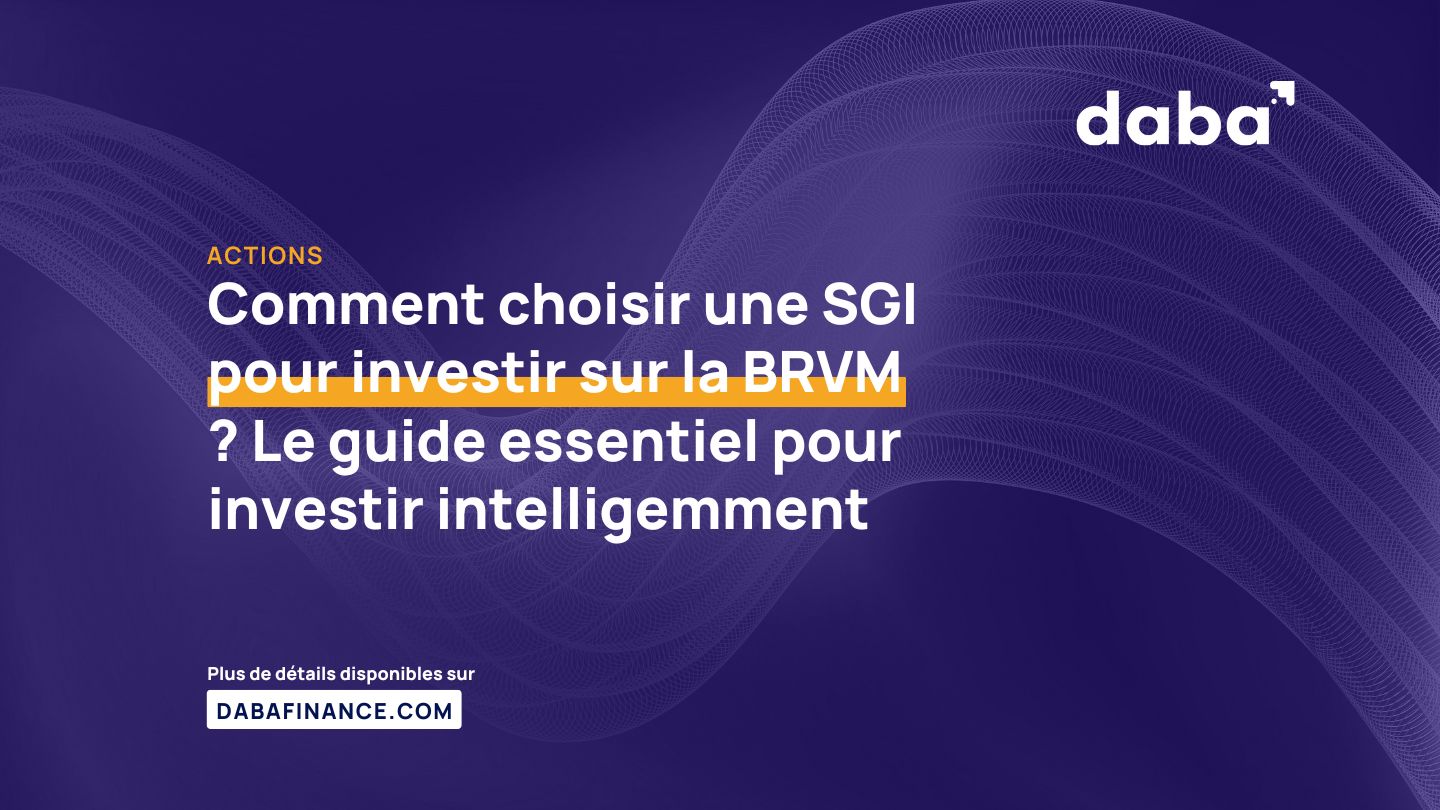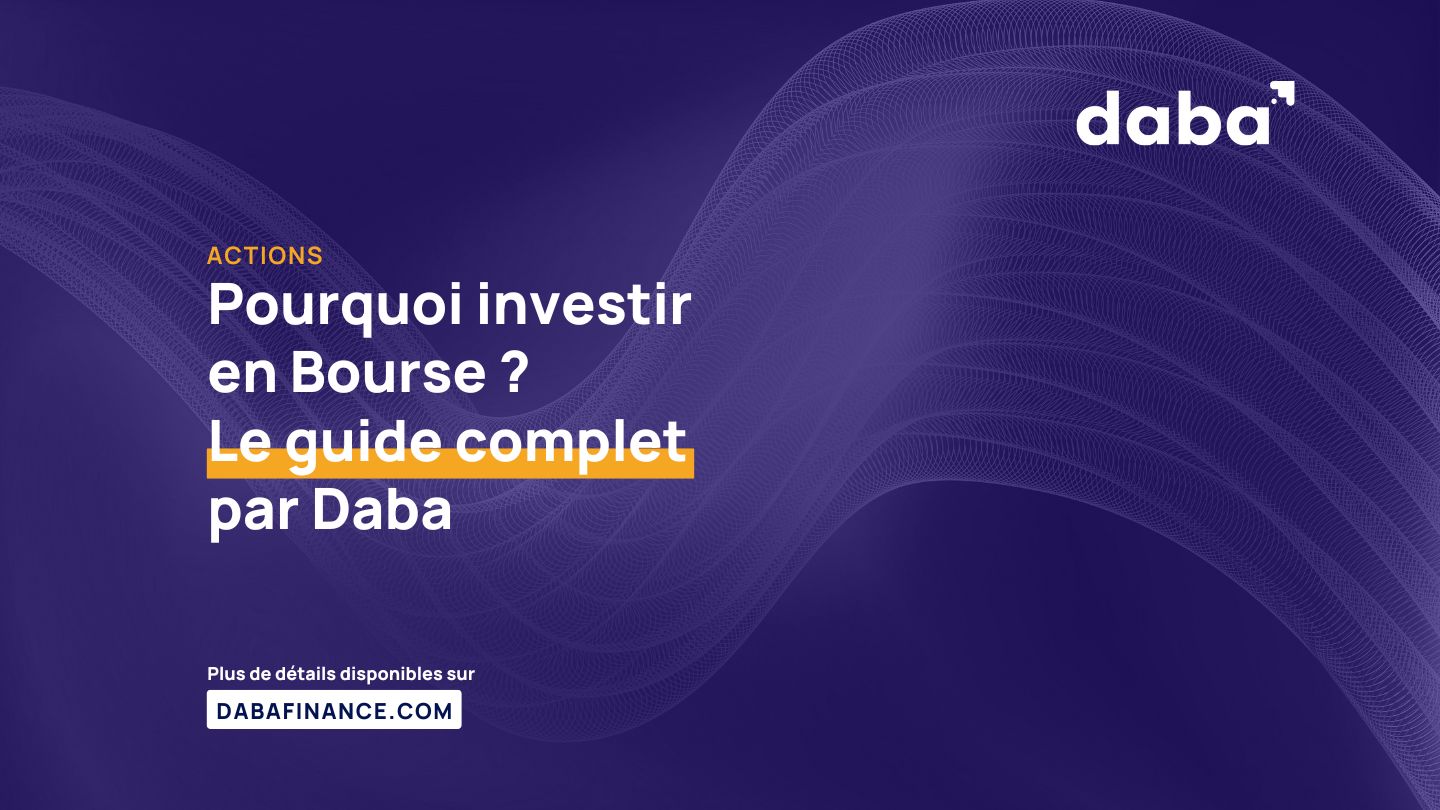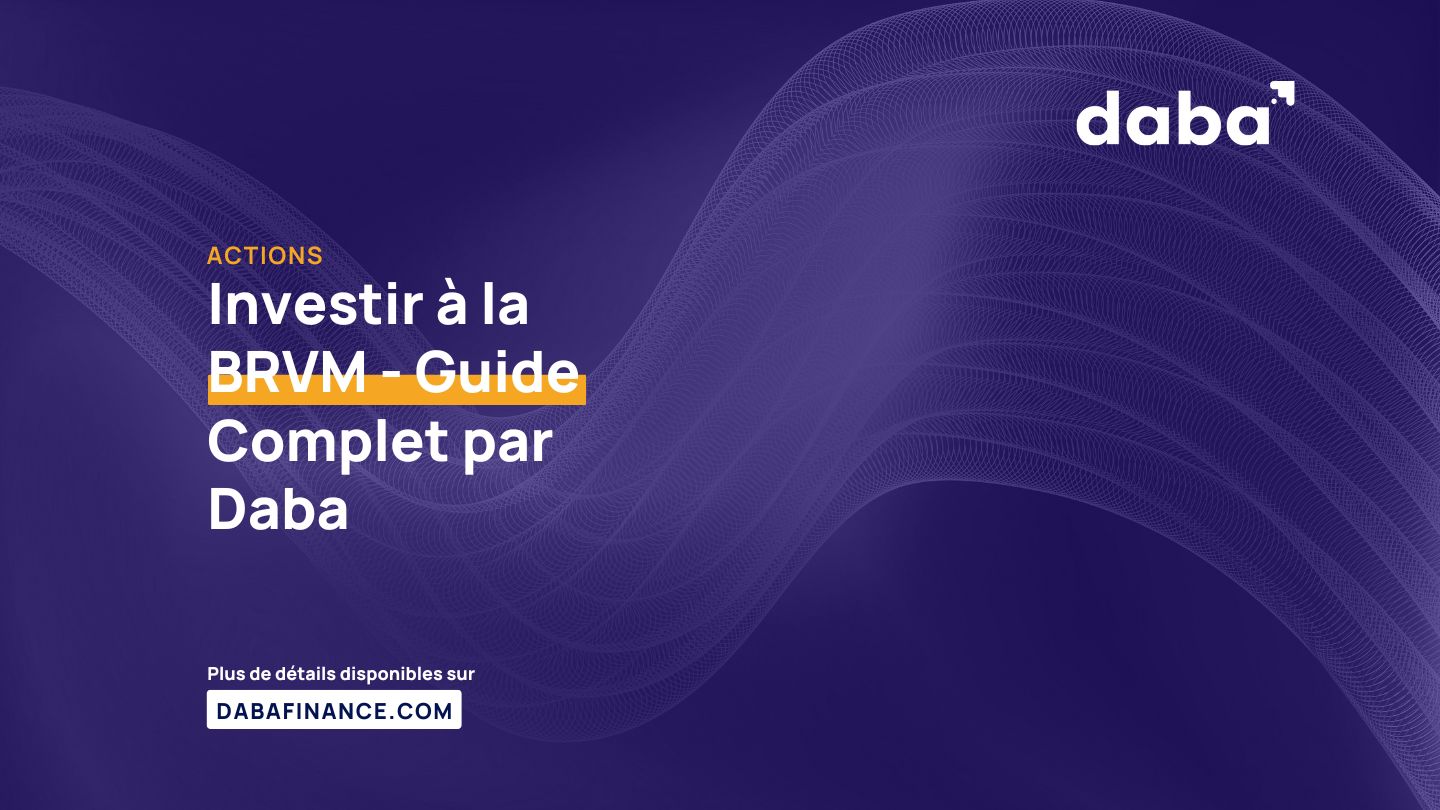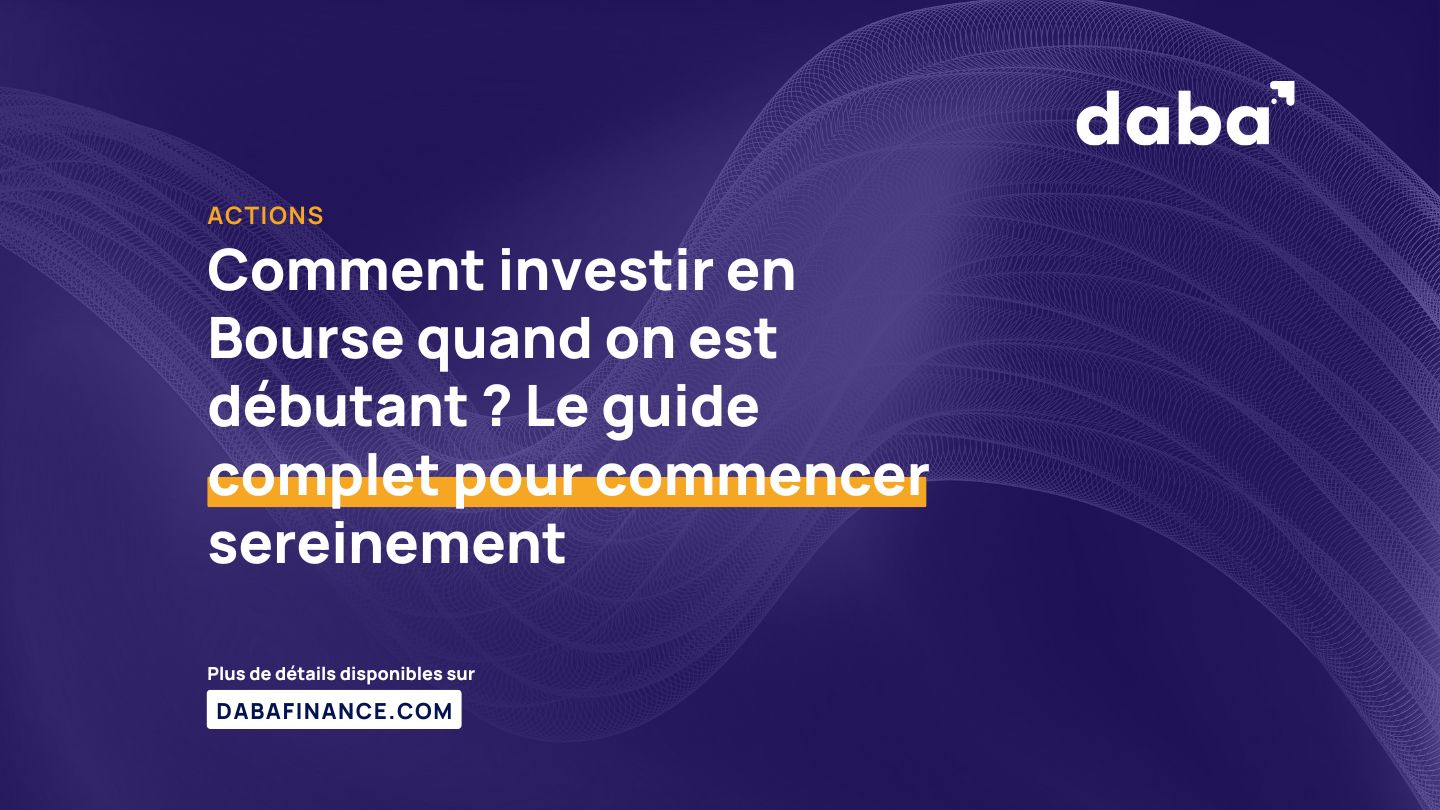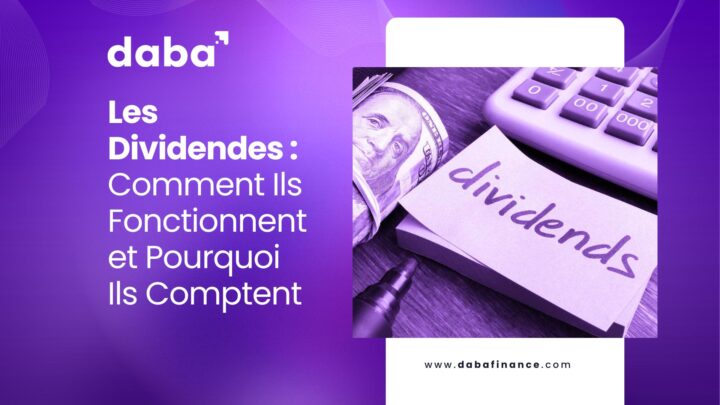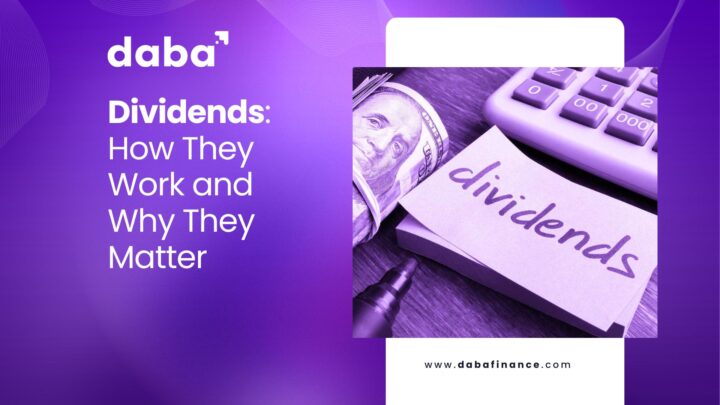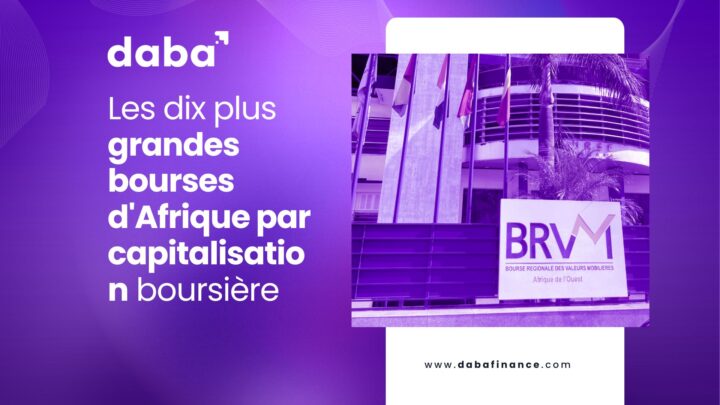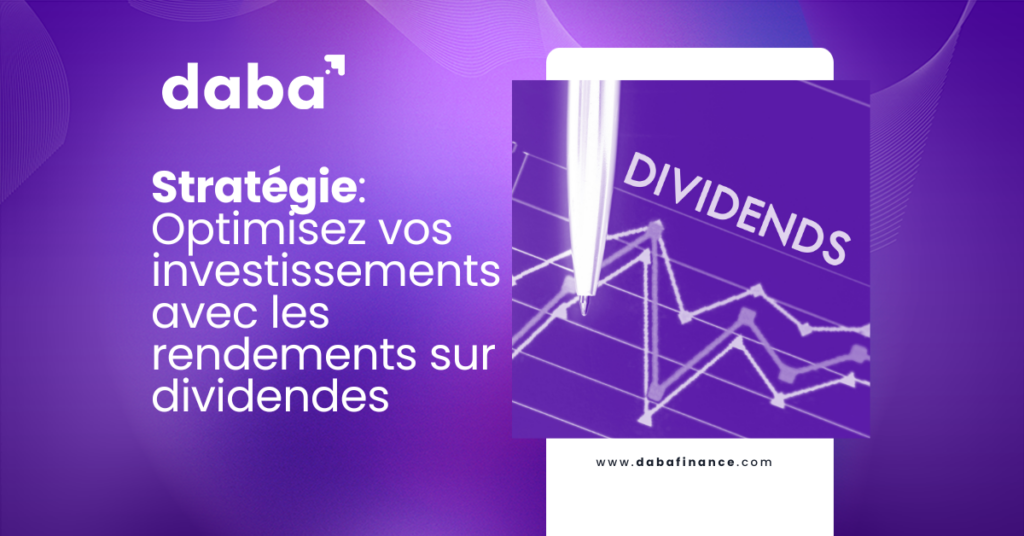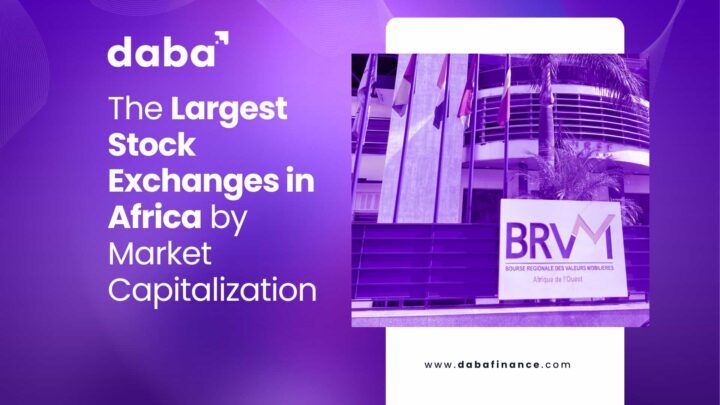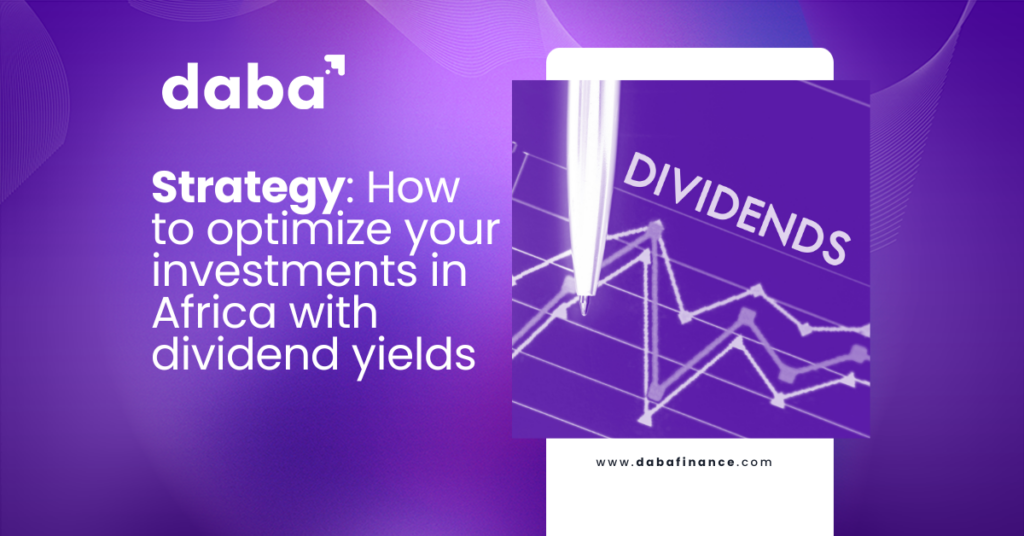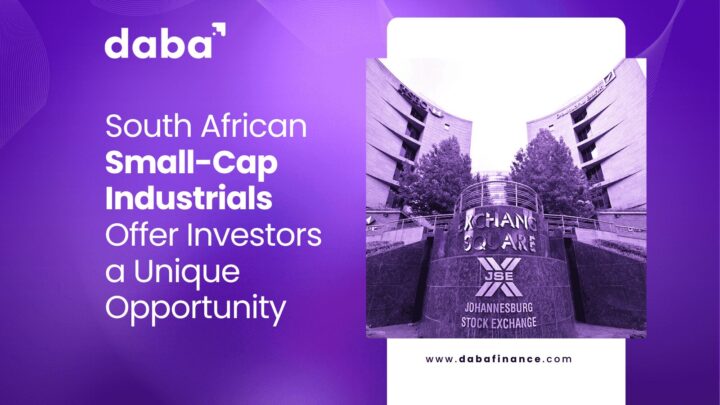Investir sur la BRVM (Bourse Régionale des Valeurs Mobilières) représente une opportunité unique pour les investisseurs en quête de rendement et de diversification en Afrique de l’Ouest. Mais pour accéder à ce marché, une étape est incontournable : choisir une SGI (Société de Gestion et d’Intermédiation).
Or, toutes les SGI ne se valent pas. Alors, comment bien choisir sa SGI pour investir sur la BRVM ? Comment éviter les pièges et maximiser ses chances de réussite ?
Dans cet article, nous vous livrons une approche claire, complète et sans jargon pour vous accompagner dans cette décision stratégique. Et surtout, nous vous montrons comment Daba simplifie et révolutionne votre expérience d’investissement en Afrique.
La SGI, votre passerelle vers les marchés financiers de l’UEMOA
Une SGI est l’intermédiaire agréé qui vous permet d’acheter, de vendre et de conserver des actions et obligations cotées sur la BRVM.
Elle joue donc un rôle central dans votre parcours d’investisseur :
- Ouverture de compte-titres
- Passage des ordres d’achat/vente
- Conservation des titres en toute sécurité
- Conseil et gestion de portefeuille
Sans SGI, impossible d’accéder aux marchés de la BRVM. Mais attention : le choix de la SGI peut déterminer la qualité de votre expérience boursière.
Les critères décisifs pour choisir une bonne SGI
1. Agrément officiel et réputation
Avant toute chose, assurez-vous que la SGI est agréée par le CREPMF, l’autorité de régulation de l’UEMOA.
La liste officielle est publique.
Au-delà de l’agrément, privilégiez une SGI avec une solide réputation, de préférence active depuis plusieurs années, avec des avis positifs d’investisseurs réels.
Sur Daba, nous travaillons uniquement avec des SGI de premier plan, déjà validées pour leur sérieux et leur transparence.
2. Frais et conditions tarifaires
Toutes les SGI appliquent des frais de courtage pour le traitement de vos transactions. Mais les tarifs varient sensiblement : certains facturent des commissions fixes élevées, d’autres sont plus flexibles.
À la Daba Academy, nous vous expliquons comment comprendre ces frais et leur impact sur vos rendements. De plus, l’application Daba négocie pour vous des frais réduits grâce à nos partenariats privilégiés avec les SGI locales.
3. Qualité de la plateforme et de l’expérience utilisateur
Traditionnellement, les SGI fonctionnent de manière très manuelle (appels téléphoniques, documents papier). Cela peut générer lenteurs, erreurs et frustrations.
Avec l’application Daba Finance, vous bénéficiez d’une interface moderne et intuitive pour :
- Ouvrir un compte d’investissement en quelques minutes
- Passer vos ordres d’achat et vente en ligne
- Suivre vos placements en temps réel
- Recevoir des notifications de dividendes et d’opportunités
Tout est simple, rapide et sécurisé, même si vous êtes débutant.
4. Accompagnement et conseils personnalisés
Un bon intermédiaire ne se contente pas d’exécuter vos ordres. Il doit aussi :
- Vous informer des meilleures opportunités
- Vous aider à constituer un portefeuille diversifié
- Vous accompagner en période de volatilité
Avec Daba Pro, notre service premium, vous recevez des analyses exclusives, des recommandations sur les actions à fort potentiel, et un accès direct à des experts en investissement africain.
Et pour ceux qui veulent apprendre à leur rythme, L’Académie du Patrimoine Daba propose une formation complète pour comprendre comment choisir ses actions, analyser une entreprise et bâtir un patrimoine solide.
5. Transparence et service client
Un investissement réussi passe aussi par la confiance. Choisissez une SGI (ou une plateforme comme Daba) qui offre :
- Une information claire sur les frais, délais et procédures
- Un service client réactif, disponible par téléphone, e-mail, ou WhatsApp
- Une politique de transparence sur la gestion des titres et des fonds
Chez Daba, nous avons fait de la transparence une priorité absolue, avec une application qui vous montre en toute simplicité où est votre argent, quelles sont vos performances, et quels sont vos frais.
Pourquoi Daba est votre meilleur choix pour investir sur la BRVM aujourd’hui
Plutôt que de multiplier les démarches auprès de différentes SGI, Daba Finance vous offre une solution tout-en-un :
- Ouverture de compte 100% en ligne en quelques minutes
- Accès direct à la BRVM dès 10 000 FCFA
- Sélection d’opportunités validées par nos analystes
- Tarifs négociés avec nos partenaires SGI
- Formation complète avec l’Académie du Patrimoine Daba
- Accompagnement personnalisé pour les investisseurs Pro
Que vous soyez débutant ou expérimenté, Daba vous simplifie l’accès aux marchés africains, tout en vous donnant les outils pour investir intelligemment.
Et si vous commenciez aujourd’hui ?
Ne laissez pas la complexité administrative ou la peur de mal choisir votre SGI freiner vos ambitions. Avec Daba, investir sur la BRVM n’a jamais été aussi accessible.
📲 Téléchargez l’application Daba Finance sur daba.finance/app
🎓 Suivez la formation gratuite de l’Académie du Patrimoine sur dabaacademy.com
Parce que bâtir votre avenir financier en Afrique commence par un premier pas bien accompagné.
